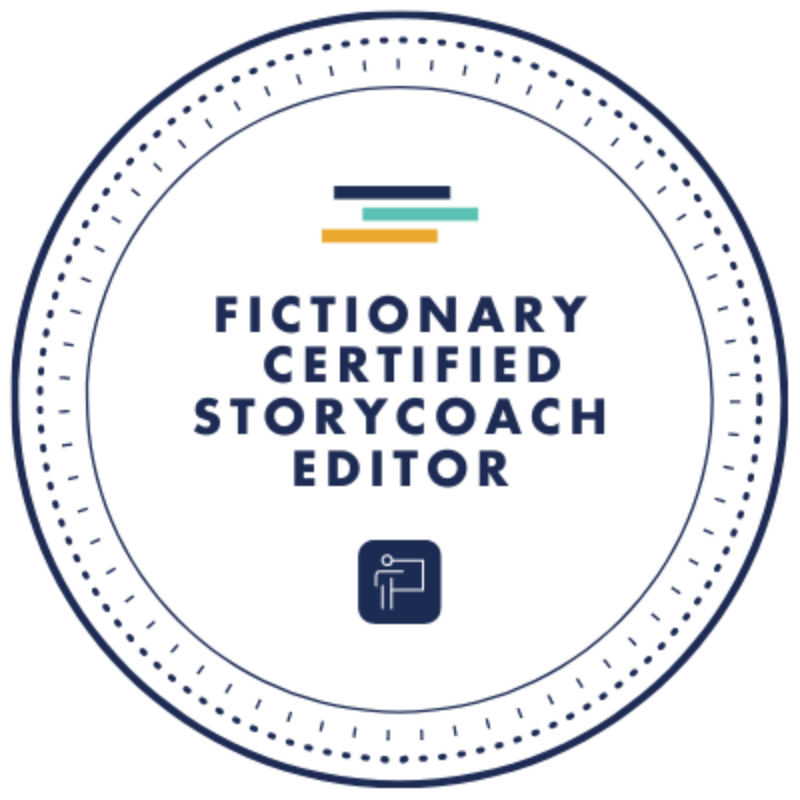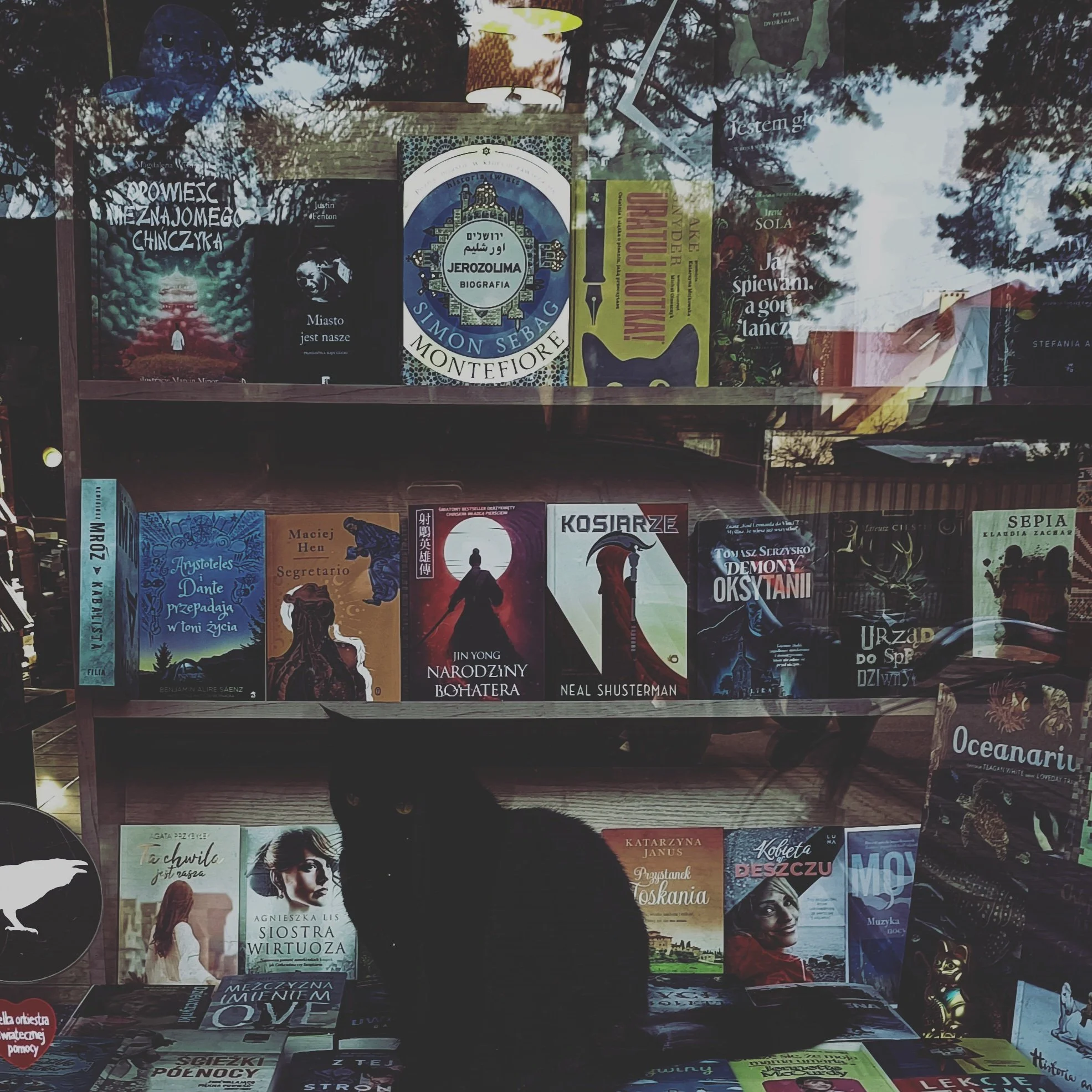
ABOUT E A CARTER
The daughter of a reverend of modest means, E A Carter grew up in the Canadian countryside with only a bicycle, her cat, and her imagination to occupy her. Apparently, this was enough.
Inspired by the fantastical, magical worlds of Tolkien, C.S. Lewis, and Hans Christian Andersen, she began writing her own fantasy-based stories set in past times at the age of 13.
Today, her books are a unique blend of romance, fantasy, and historical fiction.
Many of her characters are real persons of history carefully researched and brought back to life in immersive plotlines that span empires.
E A also writes science fiction with a focus on immortality and future tech.
So far, her readers seem to love her unique stories. Her books have won numerous awards, including from Writer’s Digest, Wishing Shelf Awards, Indie Author Network, Page Turner Awards and more.
Elizabeth currently lives in Poland with her two Swedish rescue cats Nova and Ninya and her Hugo Awards nominated artist partner Michal Karcz.
When she isn’t writing things, she’s out in the nature, biking and hiking in the Polish mountains and forests. Because she is in Poland, she feels it is her civic duty to eat plenty of perogies with sour cream.
When she started out in this world, she had one citizenship, now somehow through strange twists of fate, she has three. Apart from growing up in Canada, she’s also lived in Sweden, Denmark, and the UK.
AWARDS & PRESS
-

The Lost Valor of Love
Book of the Decade, The Wishing Shelf Book Awards, Nomination 2024
The Wishing Shelf Book Awards, Adult Fiction, Gold Medal Winner, 2020
The Indie Author Network Book of the Year Awards, First Novel, Finalist, 2019
The Indie Author Network Book of the Year Awards, Historical Fiction, Finalist, 2019
-

The Call of Eternity
The Wishing Shelf Book Awards, Adult Fiction, Finalist, 2020
Page Turner Awards Book Award, Shortlist, 2020
-

The Rise of the Goddess
Page Turner Awards Book Award Finalist, 2021
-
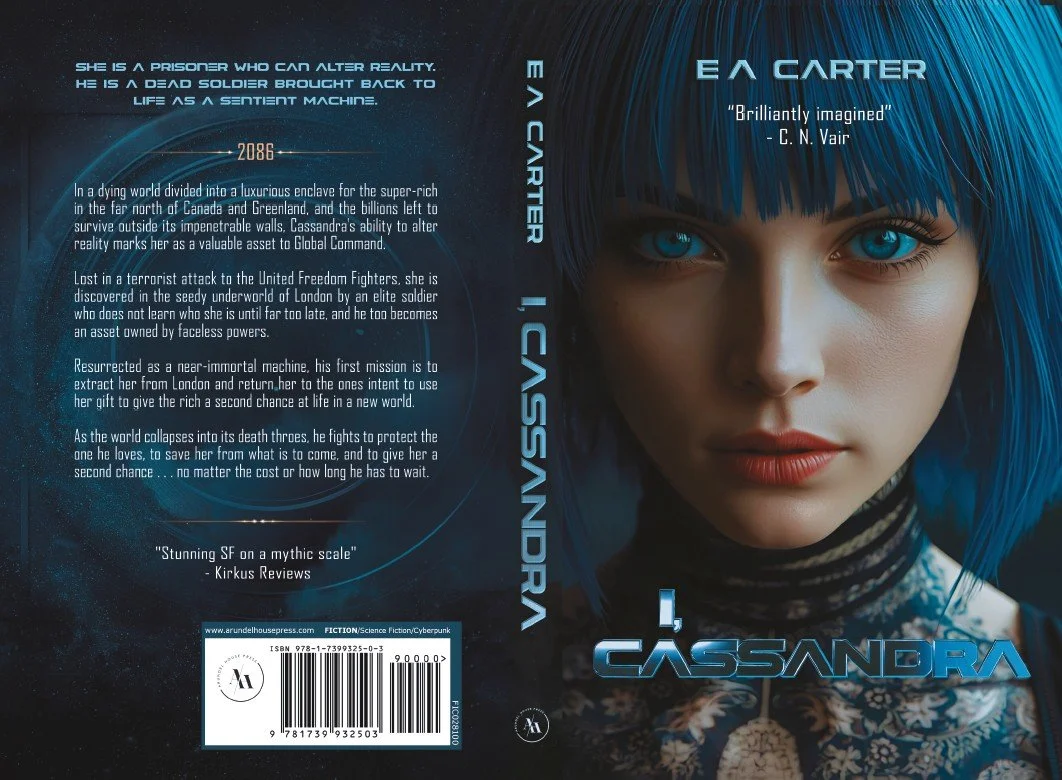
I, Cassandra
Writer's Digest, 9th Annual Self-Published eBook Awards, Honorable Mention, Sci-fi, 2021
-
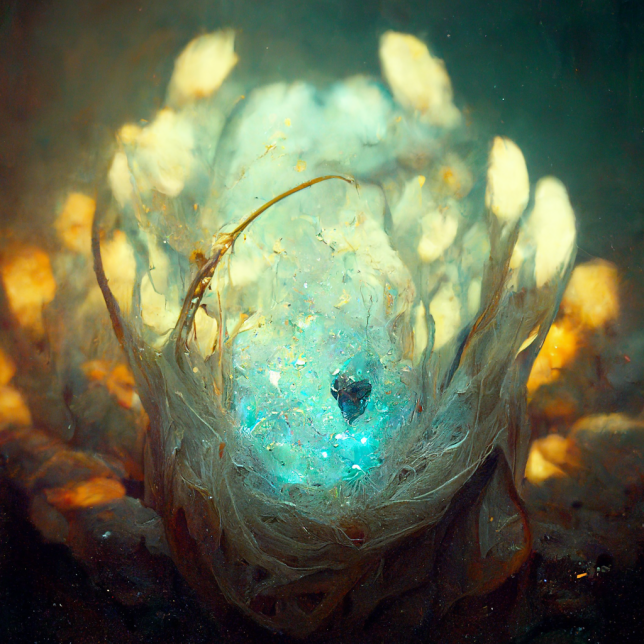
The Sudden Immensity of the Little Muffin
91st Annual Writer's Digest Writing Competition, Writer's Digest, Honorable Mention, Short Story, 2022
-
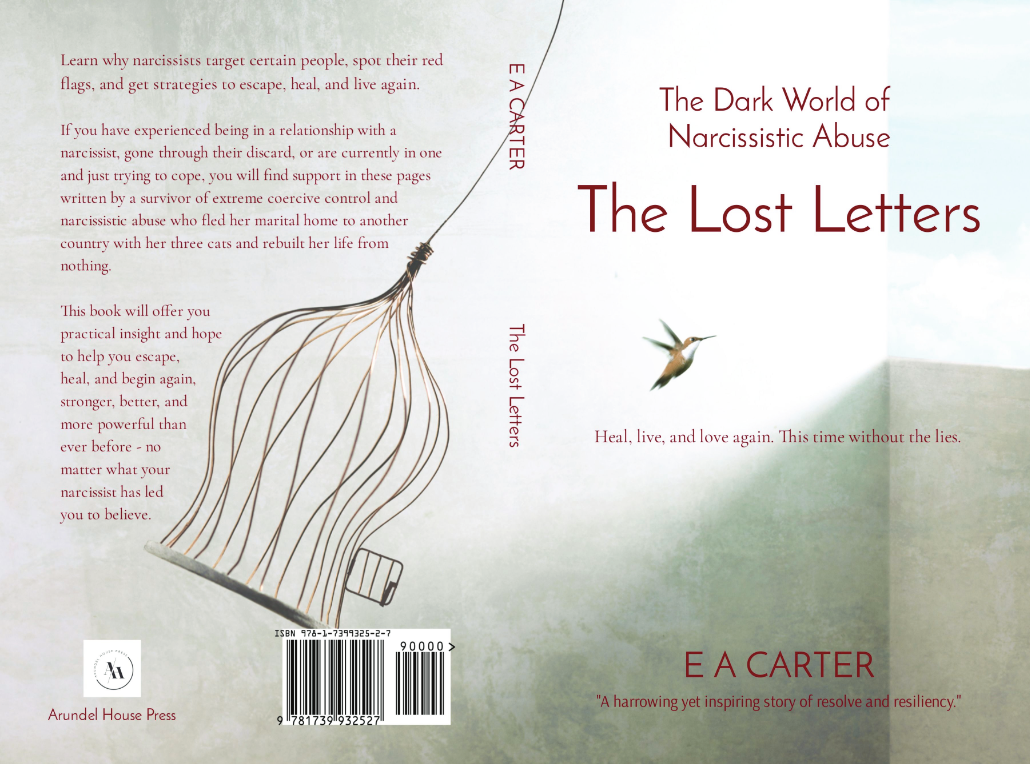
The Lost Letters
Page Turner Awards Book Award, Shortlist, Winner, & Highly Commended Non-fiction Author, 2021
-

Female First Magazine
Award-Winning Author Interview via Palamedes PR
-

SAVAGE PLANETS MAGAZINE
Sci-Fi Entertainment Featured Author Interview April 2024
-

Awesome Gang
Author Interview 2020
Every story has a heartbeat. Let’s find yours.
About Elizabeth Pettersson
I’m a Fictionary Certified StoryCoach Editor and Writer’s Digest award-winning author, publishing fiction under the pen name E.A. Carter. I specialize in speculative, science fiction, fantasy, dystopian, historical, literary, and YA fiction. My approach blends kindness, clarity, and actionable feedback to help writers uncover both the structure and the heartbeat of their stories.
Note: Billing is issued under my legal name, Jeannine Elizabeth Pettersson. All editorial services are provided as Elizabeth Pettersson.

